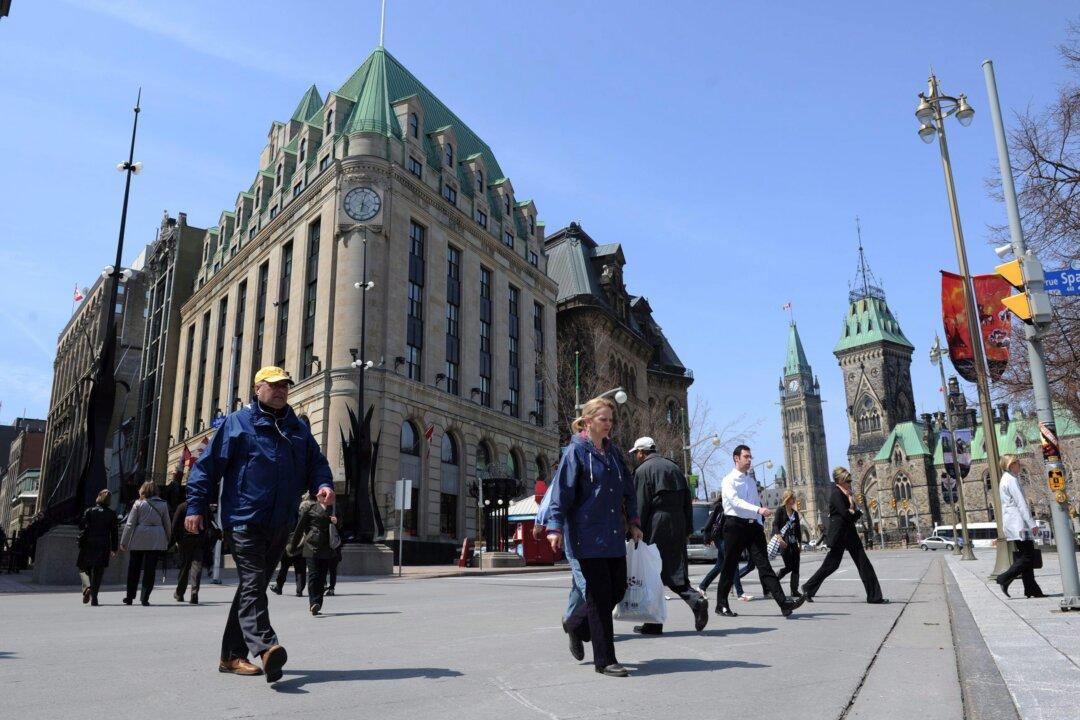Canada is likely heading into a federal election this fall, but few ridings and few large issues are in contention, leaving election results to depend on many local battles fought on issues that may be more regional.
University of Toronto political science professor Nelson Wiseman told The Epoch Times he expects the Conservatives to attack the Liberals on high spending and scandals while treading carefully on the issue of climate change.





